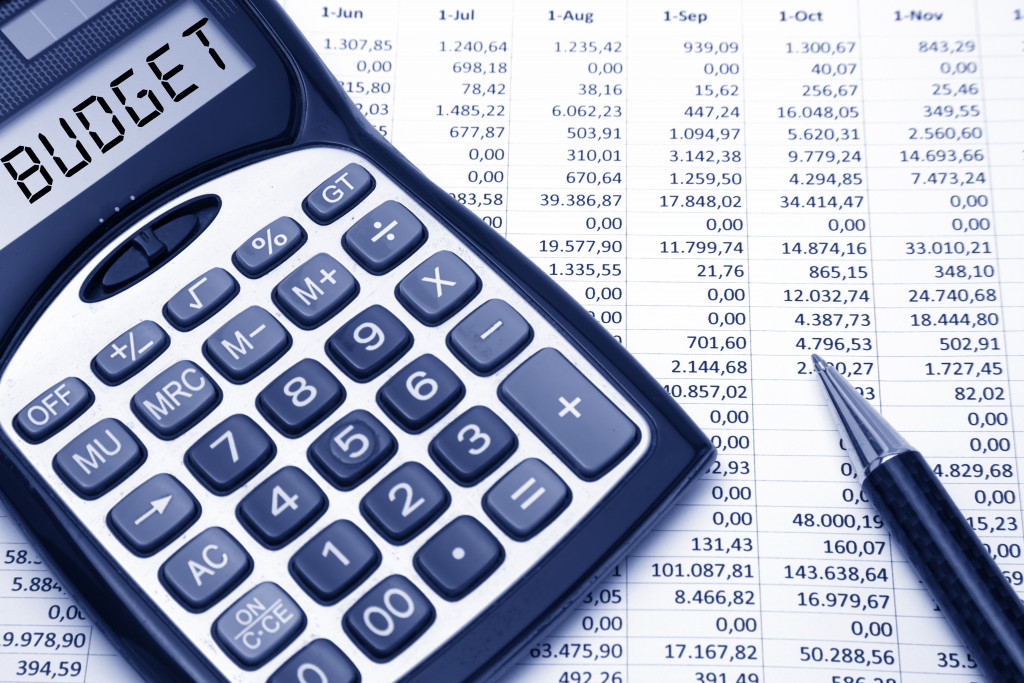Personal finance is a major aspect of life for many people. It’s important to have not only a plan for short-term, immediate goals but also long-term goals for retirement, children’s education, and other issues that might be ahead of you. This article will focus on practical ways to improve your financial health by creating your financial plan.

Open a Savings Account
A savings account is a bank account that allows you to store money for future use. The great thing about a savings account is that it typically offers a higher interest rate than a checking account, making it a great place to park your money. In addition, most banks will allow you to link your savings account to your checking account, making it easy to transfer money back and forth as needed.
Make your Income Tax Payments on time.
One important part of managing your finances is making sure that you pay your income taxes on time. If you owe money to the IRS, you will need to pay by the April deadline. You can use the IRS’s online payment system to make a payment, or you can pay by check or money order.
If you cannot pay your full tax bill, you may be able to enter into an installment agreement with the IRS. This will allow you to pay your taxes over time, rather than all at once.
Create a Budget
A budget is a document that outlines how you plan to spend your money each month. By creating a budget, you can ensure that you are not overspending and saving money each month. There are many different budgeting methods to choose from, so find one that works best for you.
One popular budgeting method is the 50/30/20 rule. This rule states that you should spend 50% of your income on essentials, 30% on wants, and 20% on savings.
Another popular budgeting method is the envelope system. With this system, you break your spending into different categories (e.g., groceries, rent, transportation, etc.) and put a set amount of money into an envelope for each category. Once the money in the envelope is gone, you can’t spend any more money in that category.
Start Investing
Investing is the process of buying stocks, bonds, or other types of financial instruments with the hope of making a profit. There are many different ways to invest your money, so it’s important to do your research and find the option that best suits you.
One popular way to invest is through mutual funds. Mutual funds are investment portfolios made up of various stocks, bonds, and other securities. A professional investor typically manages them, and you can buy shares in the fund to get started.
Save for Retirement
Retirement planning is one of the most important things you can do for your future. If you don’t have any money saved for retirement, you will likely have to rely on Social Security to support you. However, Social Security is not likely to be enough to cover your expenses in retirement, so it’s important to save as much money as possible.
There are many different ways to save for retirement, and the best option for you will depend on your income and age. Some popular retirement savings options include 401(k) plans, Roth IRAs and Traditional IRAs.
Connect with professionals
When it comes to money, it’s always best to consult with a professional. Money can be a complicated topic, and it’s important to make sure you’re making the right decisions when it comes to your finances.
There are many different professionals you can consult with, including bankruptcy lawyers, financial planners, and accountants. By talking to a professional, you can get advice on best managing your money and reaching your financial goals.
Pay off debt
Debt can be a major burden, and it’s important to pay it off as quickly as possible. There are many different ways to pay off debt, and the best option for you will depend on your situation.
One popular way to pay off debt is the Debt Snowball Method. With this method, you list your debts from smallest to largest, and then you pay off the smallest debt first. Once that debt is paid off, you move on to the next smallest debt, and so on.
Another popular way to pay off debt is the Debt Avalanche Method. With this method, you list your debts from highest to lowest interest rate. You then pay off the debt with the highest interest rate first. Once that debt is paid off, you move on to the next debt, and so on.
Each of these tips is important in developing a successful financial plan for your circumstances. Improving your financial health can provide peace of mind and lead to a more secure future.
